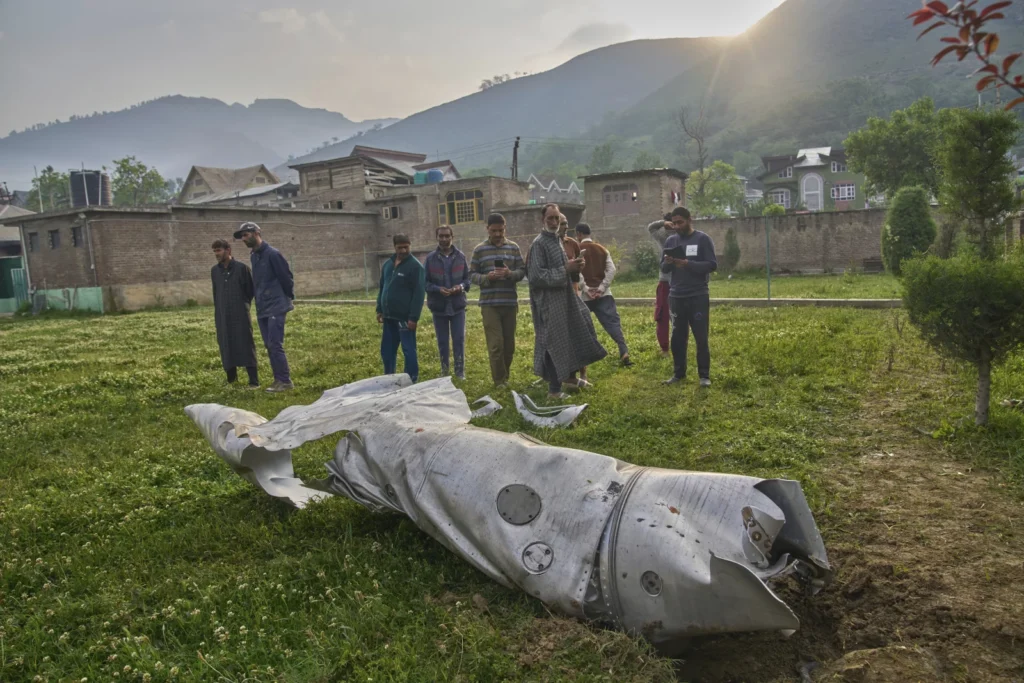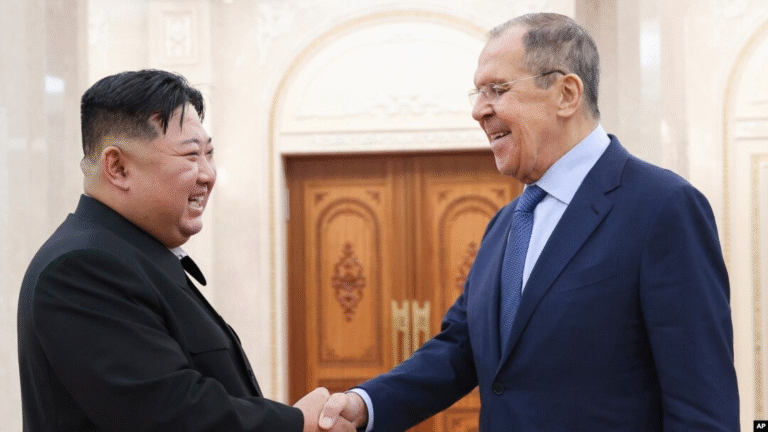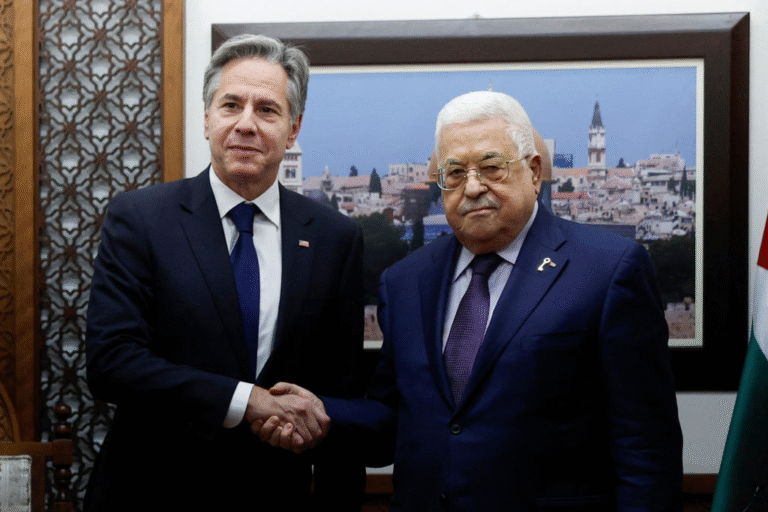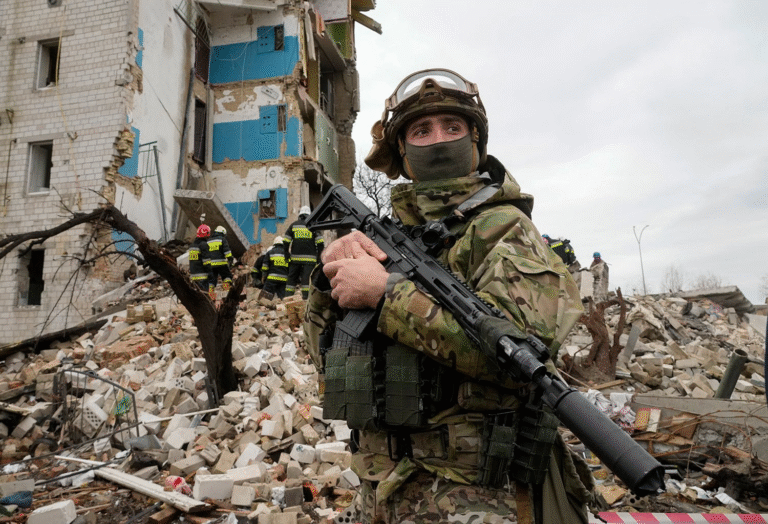
A protest in Bangladesh against Prime Minister Hasina’s Alwami League. Photo: Al Jazeera
June 27, 2025
Andrew Dickson
The America-Eurasia Center
www.EurasiaCenter.org
East Asia Program
Eurasia News
Sheikh Hasina was Bangladesh’s longest serving prime minister, being in office from 1996
to 2001, and from 2009 to 2024. Hasina resigned and left Bangladesh after the government was
unable to control large protests through curfews and internet outages. Following his exile,
Muhammad Yunus became the leader of the interim government. Many people were killed in the
protests, which were caused by opposition to Bangladesh’s quota system for government jobs. The
quota system reserved 30% of jobs for the children of veterans who fought in the war for
Bangladesh’s independence from Pakistan. Elections for Bangladesh’s legislature, the Jatiya
Sangsad, will occur in late 2025 or early 2026, and will determine the country’s next prime
minister.1
After India’s independence from Britain in 1947, it was divided into a Hindu and Muslim
state, with the Muslim state including both West Pakistan and East Pakistan (now Bangladesh).
However, many Bengalis supported independence from Pakistan due to having little representation
in the country’s parliament and military. India supported Bangladesh’s independence from Pakistan
in 1971 and has had good relations with Bangladesh since this time. However, the relationship
between India and Bangladesh has been impacted by which political parties are in power. Relations
between the two countries have been better when their parliaments were controlled Indian National
Congress and the Alwami League.2 Since 2014, the Bharatiya Janata Party (BJP) has been in power
in India. Despite the BJP being the largest party in India’s parliament, cooperation between India
and Bangladesh has continued as the countries agreed to exchange 160 exclaves located near their
border, and a number of roads and railways were built to increase trade and travel between the two
countries. However, support for the BJP in Bangladesh has decreased since the party has been in
power. The main reason for this is because the BJP is a Hindu nationalist party that has discriminated against Muslims in India. Examples of this include the party’s support for the Indian
Citizenship Act of 2019 which makes it easier for persecuted religious minorities from other
countries to become Indian citizens, except for Muslims.3
In Bangladesh, the Awami League has been banned until there is a trial for the party
members who supported attacking protesters. If the trial does not end before the election, the party
might not be allowed to run candidates. In 2024, the Bangladesh National Party, which is the
largest opposition the party to the Awami League, boycotted the elections due to believing they
would not be fair.4 However, the party will run candidates in the next election. While Hasina was
prime minister, the Supreme Court banned the Jamaat-e-Islami Party due to the party opposing
Bangladesh’s independence from Pakistan. In June 2025, the Supreme Court changed this decision,
and the Jamaat-e-Islami Party will also run candidates in the next election. More opposition parties
running in the election, along with the Awami League losing support after the protests, make it
likely that a party less supportive of having good relations with India will be in power in
Bangladesh after the next election.
Conflict between Pakistan and India has existed for a long time due to both countries
claiming to control Kashmir, the only region of India with a majority Muslim population. However,
conflicts between the two countries have continued to worsen in recent years. In May 2025, India
launched cruise missiles into Pakistan after a terrorist attack in Indian-controlled Kashmir killed 20
people. In the past, most missiles had been launched in Kashmir. However, this was the first time
since 1971 that missiles had been fired at other regions of the countries, causing concerns the
conflict will expand beyond Kashmir.5

Debris from a missile launch in Kashmir. Photo Credit: NPR
India has reached out to the Taliban in Afghanistan, and in January 2025 Indian Foreign
Secretary Vikram Misri met with Afghan Foreign Minister Amir Khan to discuss trade between the
two countries. India’s decision to hold talks with Afghanistan was considered surprising as it did
not have good relations with the Taliban in the past. It is likely that by increasing contact with
Taliban, India hopes to prevent terrorism from Afghanistan. The Afghan Taliban has supported the
Pakistani Taliban, which has planned a number of terrorist attacks in Pakistan. In response, the
Pakistani government has planned a number of counterattacks against the Afghan government.6
Due to concerns about terrorism in Pakistan, the improvement in relations between India and
Afghanistan will be opposed by Pakistan, making this another cause of conflict with India.
If both Pakistan and Bangladesh continue to oppose India, this could make it likely for
relations between Pakistan and Bangladesh to improve. The Lowy Institute published an article in
2025 that described the ways cooperation between Bangladesh in Pakistan had increased since
Hasina’s resignation. This included a plan for Bangladesh’s military to buy JF-17 thunder fighter
jets from Pakistan, and for the militaries of both countries to have joint trainings. This is a change
from when Bangladesh bought an Indian oceangoing tugboat used to move larger military ships in
June 2024, less than a month before Hasina’s resignation.7 Additionally, travel between the two
countries is expected to become easier. Direct flights between the countries are planned to for the
first time since 2018. It is also possible China encouraged Pakistan and Bangladesh to improve
relations since it has good relations with each country. China has competed with India for power in
the region, and a worsening of relations between Bangladesh and India would decrease India’s
influence.8
Bangladesh has historically had better relations with India than Pakistan. However, the
BJP’s support for Hindu nationalism and the Alwami League losing power could cause relations to
worsen. If Bangladesh has better relations with Pakistan, it will likely do more to oppose the BJP’s
policies that discriminate against Muslims in India.
- “Bangladesh Plans to Hold Elections in Late 2025 or Early 2026,” Al Jazeera, December 16, 2024,
https://www.aljazeera.com/news/2024/12/16/bangladesh-plans-to-hold-elections-in-late-2025-or-early-2026 ↩︎ - Abdul Kashmen, “Narendra Modi’s Bangladesh Policy and India-Bangladesh Relations,” India Quarterly, October 20,
2016, https://journals.sagepub.com/doi/abs/10.1177/0974928416655409?int.sj-abstract.similar-articles.1= ↩︎ - Sushant Singh, “Modi’s Politics Hinder Neighborhood Ties,” Foreign Policy, August 22, 2024,
https://foreignpolicy.com/2024/08/22/india-modi-bangladesh-hasina-neighborhood-first-bjp-politics/ ↩︎ - “The Violent Politics of Bangladesh’s 2024 Elections,” Armed Conflict Location and Event Data, January 4, 2024,
https://acleddata.com/2024/01/04/the-violent-politics-of-bangladeshs-2024-elections/ ↩︎ - Arun Swamy, “India-Pakistan Conflict Tests the Limits of Nuclear Deterrence,” East Asia Forum, May 27, 2025,
https://eastasiaforum.org/2025/05/27/india-pakistan-conflict-tests-the-limits-of-nuclear-deterrence/ ↩︎ - Soutik Biswas, Why India is Reaching Out to the Taliban Now, BBC, January 14, 2025,
https://www.bbc.com/news/articles/cp8ke9e27dxo ↩︎ - “India Boosts Security Partnerships with Neightbors Bangladesh, Sri Lanka, Indo-Pacific Defense Forum, July 16,
2024, https://ipdefenseforum.com/2024/07/india-boosts-security-partnerships-with-neighbors-bangladesh-sri-lanka/ ↩︎ - “The Revival of Bangladesh-Pakistan Ties,” Lowy Institute, February 3, 2025, https://www.lowyinstitute.org/theinterpreter/revival-bangladesh-pakistan-ties ↩︎



